Discover how AI-powered narrative tools are transforming the writing landscape, offering writers unprecedented opportunities to craft compelling stories with ease and precision. From plot generation to character development, these innovative tools are reshaping the creative process, enabling authors to unlock new dimensions of storytelling. Whether you’re a seasoned writer or an aspiring author, explore the latest advancements in AI technology designed to empower your craft. This guide delves into the top tools, their features, and how they can enhance your writing journey, while addressing important considerations like ethics and copyright. Unleash your creativity and elevate your storytelling prowess with the best narrative tools available today.
Key Takeaways
– Top AI Tools for Creative Writing: Discover the best AI-powered tools like Squibler, Jasper, and WriteFusion to supercharge your storytelling process.
– Versatile AI Assistance: From drafting entire novels to refining plots, tools like Jasper and Squibler cater to diverse writing needs.
– Collaborative Potential: Novlr enables team writing, ideal for group projects, while others focus on individual creativity.
– AI Limitations Exposed: Despite advancements, AI struggles with genuine creativity and emotional depth, making human touch essential.
– Human Creativity’s Edge: Stories thrive on human empathy and cultural nuance, which AI alone can’t replicate.
– ChatGPT for Book Success: Enhance your writing with ChatGPT, aiding in idea generation, editing, and collaboration for polished manuscripts.
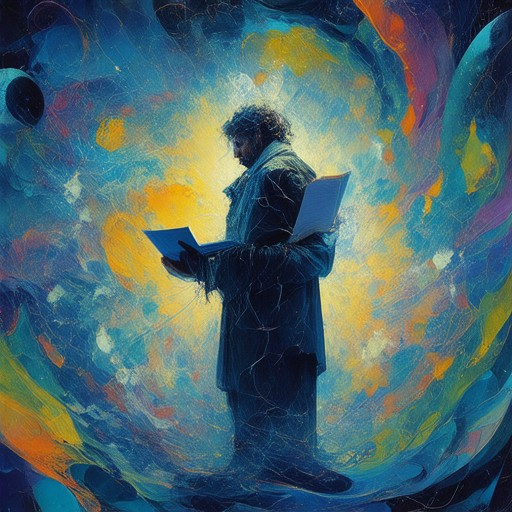
Best Tools for Writers
Writing is a skill that requires precision, creativity, and efficiency. Here are some of the best tools and software tailored for writers to enhance their craft:
- Grammarly – A powerful grammar checker that helps identify and correct writing errors in real-time. It supports multiple languages and integrates with most text editors.
- Scrivener – Ideal for novel and long-form writers, Scrivener offers a distraction-free writing environment with advanced editing features and scene templates.
- Ulysses – A writing app designed for poets, novelists, and essayists, Ulysses supports multiple document types and includes a focused writing mode.
- Hemingway Editor – This online tool helps writers analyze their work by highlighting complex sentences, providing readability scores, and suggesting improvements.
- Quill.org – A free online writing tool aimed at students and educators, Quill.org offers exercises and resources to improve writing skills.
- ProWritingAid – Offers detailed feedback on grammar, style, and tone, helping writers refine their work at every stage.
- Todoist – A task management app that helps writers stay organized with deadlines, projects, and daily goals.
- Trello – Perfect for collaborative writing projects, Trello allows teams to track progress, assign tasks, and stay aligned with shared goals.
- MindMeister – A mind-mapping tool that aids in brainstorming and outlining ideas before writing.
- Zotero – A citation manager that helps researchers and writers organize and format references efficiently.
- Libby – A free audiobook service that allows writers to listen to books while commuting, aiding in inspiration and research.
- PlotGrid – A visual planning tool for writers to map out story arcs, characters, and plot points.
These tools cater to various aspects of writing, from grammar and style checks to organization and inspiration. Whether you’re a seasoned writer or just starting out, investing in the right tools can significantly boost your productivity and creativity.
Explore more resources and tips for writers on our website .
Is It Legal to Use ChatGPT to Write a Book?
Yes, you can legally use ChatGPT to assist in writing a book, but there are important considerations to keep in mind regarding ownership, usage rights, and compliance with terms of service.
- Ownership and Usage Rights :
- OpenAI’s Ownership : As the developer of ChatGPT, OpenAI retains ownership of the generated content. However, users typically receive a non-exclusive, limited license to use the outputs for certain purposes, such as personal use or non-commercial projects. Commercial use may require explicit permission from OpenAI.
- Terms of Service Compliance :
- Commercial Use Restrictions : OpenAI’s terms of service generally prohibit the sale or distribution of content generated by its models for commercial gain without prior approval. If your book is intended for sale, you must review these terms to ensure compliance.
- Intellectual Property Considerations :
- Copyright Laws : While the legal standing of AI-generated content varies by jurisdiction, many countries recognize human authors as the sole copyright holders. However, the extent of AI’s rights remains uncertain, so it’s prudent to assume that OpenAI holds some rights unless otherwise specified.
- Legal Risks :
- Infringement Risks : Using AI tools without proper authorization can expose you to legal risks, particularly if the content infringes on third-party rights. Always verify that the content you generate is original or properly licensed.
- Content Contribution :
- Human Input : Even if ChatGPT generates most of the content, your contributions as the author are crucial. This human element ensures that your work is original and meets copyright requirements.
- Case Studies and Examples :
- Real-World Scenarios : Examining cases where AI-assisted books have been published can highlight common challenges and solutions, offering valuable insights into navigating the legal landscape.
- Best Practices :
- Consult Legal Advice : Engaging a legal professional familiar with AI and copyright law is advisable to tailor your approach to specific needs and avoid legal pitfalls.
By understanding these factors, you can effectively use ChatGPT to aid in your book-writing process while staying compliant with legal and ethical standards.
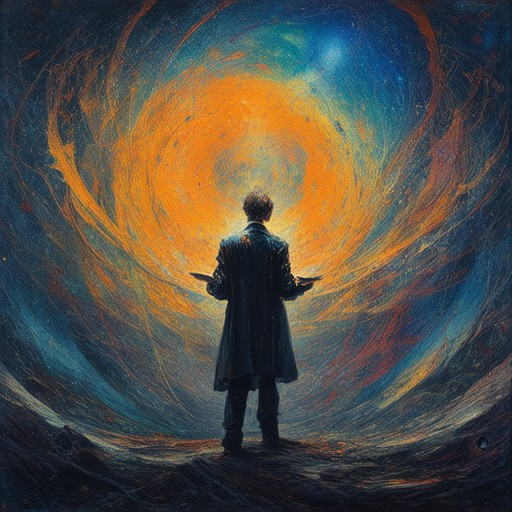
Is There a Free AI That Can Write a Book?
Yes, there are several free AI tools available that can assist in generating content for books. These tools vary in capabilities, word limits, and features, so you can choose the one that best fits your needs.
- ChatGPT (OpenAI) – Offers a free version with limited usage, ideal for generating ideas and initial drafts. It provides a flexible interface for creating stories and novels.
- Anthropic (ChatCompletion API) – Provides a free tier with access to its advanced AI models, useful for detailed character development and plot generation.
- DeepSeek – A free AI writing assistant that supports multiple languages, offering a collaborative environment for creative writing projects.
- WriteFusion – Features a free plan with robust AI assistance, perfect for outlining and drafting chapters in your book.
Each tool has its own strengths, such as word count limits, additional AI features, and community support. Consider testing a few to find the one that aligns best with your writing style and project requirements.
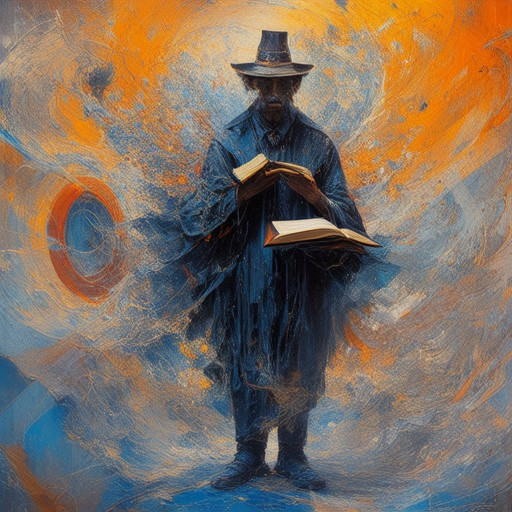
The Best AI for Story Writing
When it comes to finding the best AI for story writing, it’s essential to consider tools that offer a combination of creativity, functionality, and ease of use. Here’s a breakdown of the top contenders:
- Squibler AI – Known for its comprehensive features, Squibler excels in generating entire novels, complete with world-building, character development, and scene creation. Its free version makes it accessible to many writers, and its advanced tools cater to both beginners and seasoned authors.
- Jasper AI – Specializing in long-form content generation, Jasper is ideal for those needing assistance in crafting detailed scenes and chapters. It’s versatile and supports various writing styles, making it a strong contender for creative writing projects.
- WriteFusion – Designed specifically for novel writing, WriteFusion helps users outline and structure their stories effectively. It offers a user-friendly interface and integrates well with other writing tools, enhancing the overall writing process.
- StoryAI – Tailored for aspiring writers, StoryAI provides genre-specific templates that guide users through the writing process. While it’s feature-rich, it may lack some customization options compared to other tools.
- Novlr – Focused on collaborative writing, Novlr allows teams to work together on stories. It’s perfect for group projects but may not be the best fit for solo writers seeking a traditional AI assistant.
When evaluating these tools, consider factors like pricing, ease of use, and integration with other writing software. User reviews and community feedback also play a significant role in determining reliability and effectiveness. Ultimately, the choice depends on individual needs and preferences, whether it’s for brainstorming, plotting, or generating content.
Can AI Replace Story Writers?
As someone deeply involved in the creation of high-quality literary content, I am often asked whether AI can replace human story writers. While AI has shown remarkable progress in generating text, it cannot truly replicate the essence of human creativity and emotional depth that makes storytelling compelling.
AI systems excel at pattern recognition and can mimic certain aspects of human writing, such as sentence structure and vocabulary usage. However, they lack the ability to genuinely empathize with characters or resonate with readers on a deep emotional level. This limitation makes it impossible for AI to consistently produce work that connects meaningfully with audiences.
Why AI Can’t Fully Replace Human Writers
- Lack of Creativity: AI relies on predefined algorithms and data patterns, leading to repetitive and formulaic outputs. Human writers, on the other hand, draw from personal experiences, cultural context, and intuition to craft unique narratives.
- Emotional Depth: Stories are often driven by emotions, perspectives, and nuances that are difficult for AI to grasp. A human writer can convey subtle emotional shifts and character motivations in ways that remain authentic and relatable.
- Adaptability: In dynamic storytelling scenarios, such as real-time collaboration or responding to audience feedback, human writers adapt and evolve their approach. AI lacks the flexibility to adjust its output based on evolving contexts.
- Cultural Context: AI may struggle to understand and integrate cultural nuances that are vital for resonating with specific audiences. Human writers bring a wealth of knowledge and understanding that enriches the storytelling process.
The Role of AI in Storytelling
While AI cannot replace human writers, it serves as a valuable tool in the creative process. It can assist with drafting initial ideas, conducting research, or refining plots and dialogue. However, the final product requires human oversight to ensure it aligns with the intended tone, style, and emotional impact.
James Whitfield Thomson’s Perspective
At JamesWhitfieldThomson.com, we believe that storytelling is inherently human. Our platform is dedicated to fostering creativity and providing resources for writers to enhance their craft. We recognize the potential of AI as a supplementary tool but advocate for the irreplaceable value that human writers bring to the art of storytelling.
Explore our resources on writing tips and narrative development to discover how human writers continue to shape the literary landscape. Visit our website to learn more about inspiring authors and their unique approaches to storytelling.
Conclusion
AI has its place in the creative process, but it cannot match the depth, nuance, and humanity that human writers bring to their work. As stewards of the written word, we must continue to champion the role of human storytellers while embracing technology as a means to enhance, rather than replace, the art of writing.
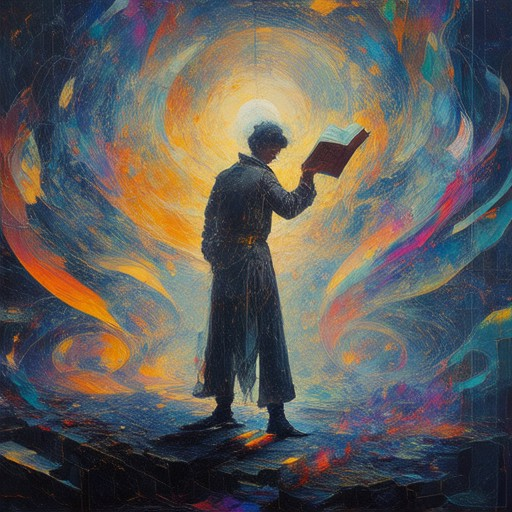
Is ChatGPT Good for Writing Books?
Yes, ChatGPT is highly effective for assisting in writing books. It combines advanced AI capabilities with extensive training to generate coherent, engaging, and grammatically correct text, making it a valuable tool for authors and writers.
Benefits of Using ChatGPT for Book Writing
- Content Generation: ChatGPT can draft chapters, scenes, or even entire manuscripts, providing a solid foundation for your story.
- Creativity Enhancement: The AI encourages creative thinking, helping you explore unique ideas and world-building concepts.
- Collaboration Tools: It supports teamwork by allowing multiple contributors to edit and refine the content simultaneously.
- Editing and Refinement: ChatGPT can help in proofreading, suggesting improvements, and streamlining your writing process.
- Customization: Authors can tailor the AI’s responses to align with their specific writing style and preferences.
Conclusion
ChatGPT offers numerous advantages for book writing, from initial concept development to final edits. Its ability to adapt to various writing styles and provide consistent quality makes it an indispensable tool for aspiring and experienced authors alike.


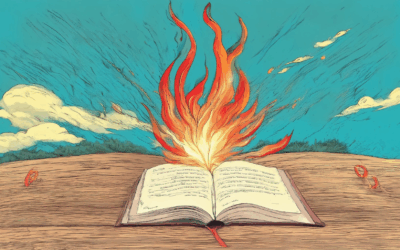


0 Comments